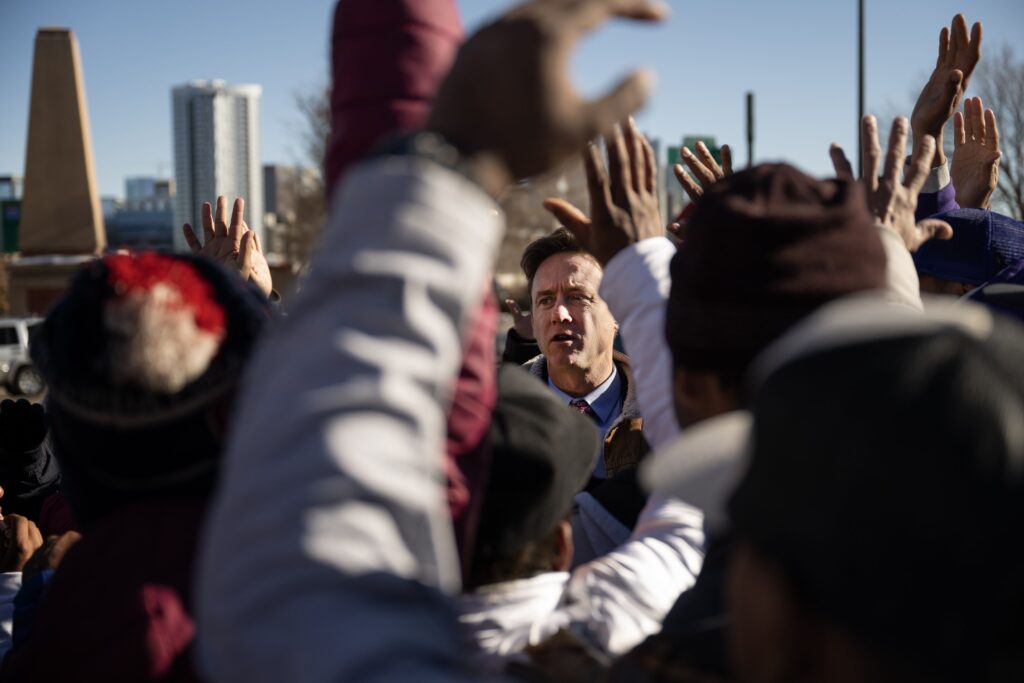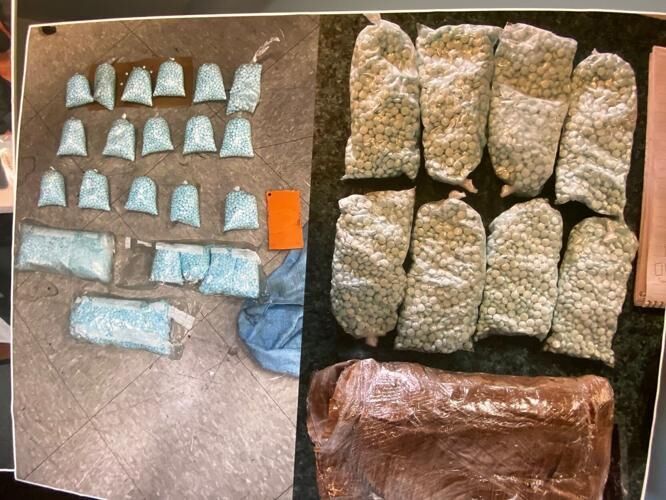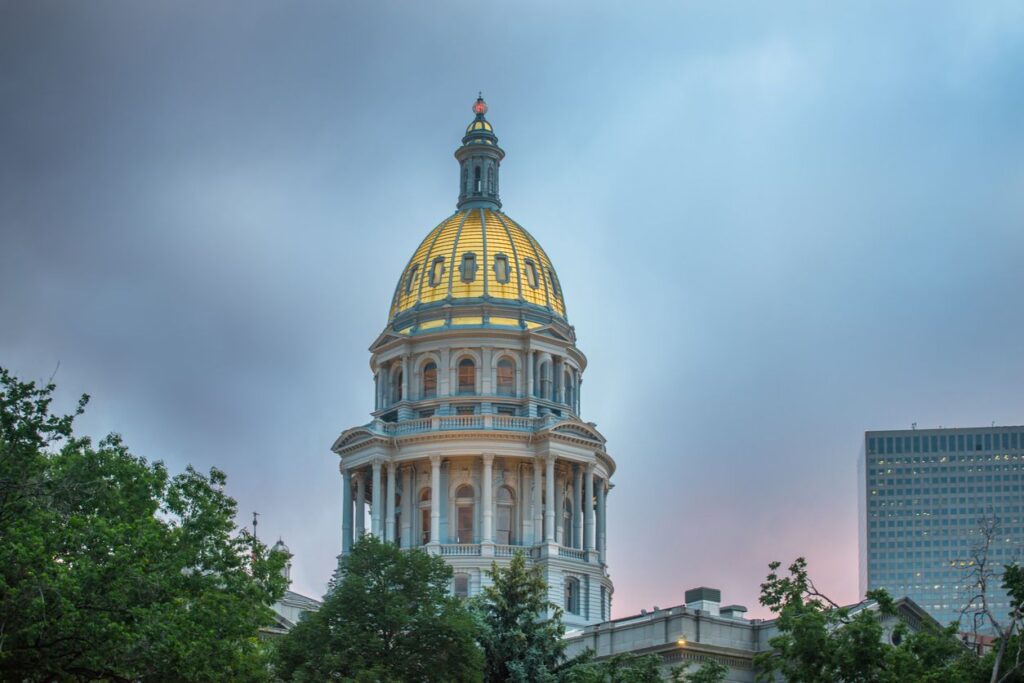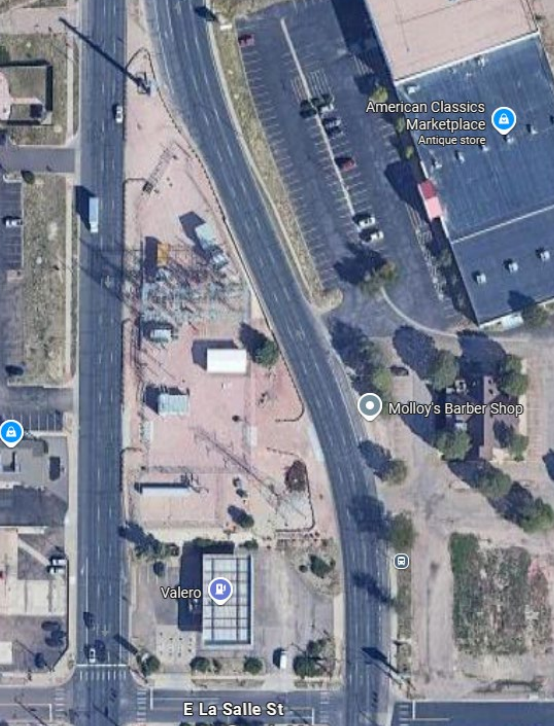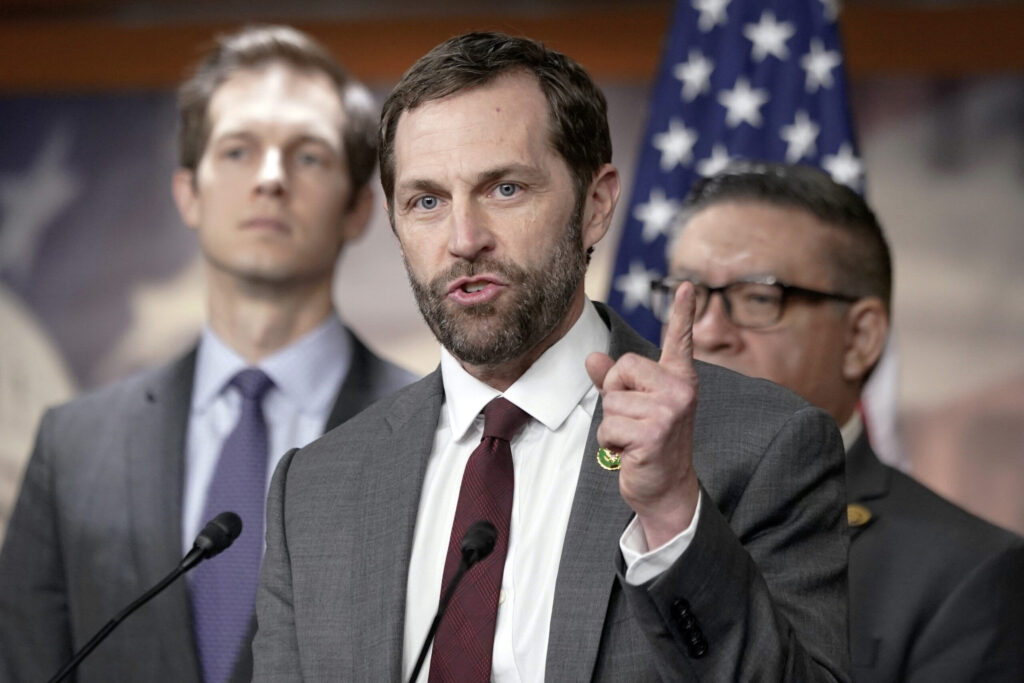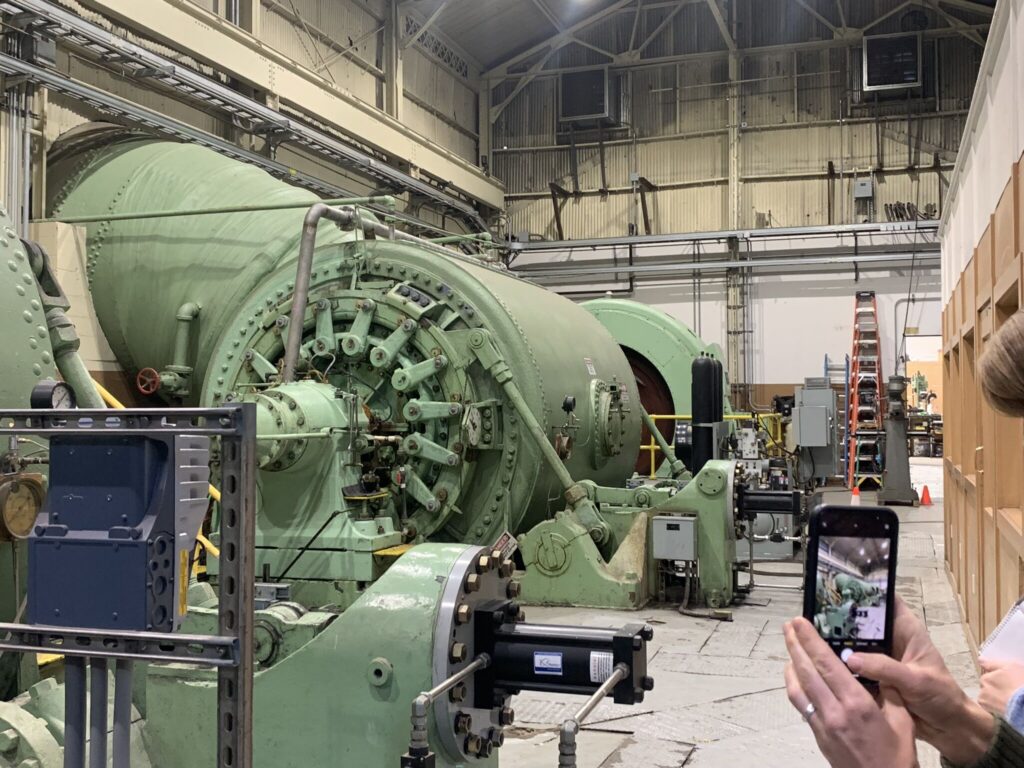Colorado Sen. Cory Gardner probes regulations that slow natural gas projects

U.S. Sen. Cory Gardner on Tuesday advocated for streamlined government permits to encourage natural gas extraction from Colorado to export markets.
During a Senate hearing, Gardner, a Republican from Yuma, questioned an administrator from the Federal Energy Regulatory Commission about how to break a deadlock that has impeded the Jordan Cove Energy Project in Oregon.
Jordan Cove would become a primary port for receiving natural gas from Western pipelines, a major boost for Colorado, for export to South Korea, Taiwan and other Asia-Pacific countries if it can win regulatory approval.
Gardner said during the hearing by the Senate Energy and Natural Resources Committee the project could create “tens of thousands of jobs in the western United States.”
Last year, the FERC denied a permit for the $7.5 billion project, where the gas would be supercooled to liquefy it before shipment abroad.
If Jordan Cove’s application is approved, it is expected to start a natural gas drilling boom that would reach as far east as the Piceance Basin in northwest Colorado. The basin contains five of the top 50 U.S. gas fields.
“We need a Western outlet for that incredible gas production that we have,” Gardner said. “The Jordan Cove Project would allow us to export to Asia, a market that’s critical to the U.S.”
He suggested that part of the delay could be blamed on the Federal Energy Regulatory Commission (FERC).
“The permitting process at Jordan Cove has been tough, it’s been long and of course FERC has made that even more complex with different rigorous standards and roadblocks that have been put in place,” Gardner said.
He asked Terry Turpin, FERC’s director of energy projects, what additional authority his agency needs to complete the permitting process.
“I think you’ve hit probably on sort one of the fundamental problem with how the U.S. has approached its permitting,” Turpin said. “It’s been to give sort of decentralized permitting authority to many different agencies, each of which has a slightly different mission or a different take on the infrastructure.”
He mentioned regulatory approval by the U.S. Department of Transportation for “siting” of pipelines as one of the longest delays for natural gas projects.
The Transportation Department oversees the selection of a route for pipelines as well as the design, installation and inspection of the projects. The entire process can take years.
“I can’t point to a single fix or a single authority to say give FERC this and things move better,” Turpin said.
He recommended “accountability” by each participating agency to move the permitting of projects to completion.
The Trump administration supports the Jordan Cove Energy Project.
A second witness representing the Denver-based Anschutz Corp. told the Senate panel about the laborious regulatory process to build a wind farm in Wyoming called the Chokecherry and Sierra Madre Wind Energy Project.
It would include as many as 1,000 wind turbines spread over 200,000 acres in rural Wyoming. It also would be the biggest wind farm in the United States.
The wind farm is being developed by Anschutz Corp. subsidiaries Power Co. of Wyoming, which is constructing the facility, and TransWest Express, which is building the transmission system. (Colorado Politics also is part of Anschutz’s endeavors.)
Power Co. of Wyoming “has been working on completing the federal permitting for the (wind farm) for almost ten years,” Roxane Perruso, an Anschutz Corp. vice president, said in her written testimony.
She described a slow approval process that included obtaining right-of-way grants from the Bureau of Land Management. Other approvals were required from the U.S. Fish and Wildlife Service to ensure the habitat for eagles would not be disrupted.
“During the ten years that (Power Co. of Wyoming) has been permitting the [wind farm], it has been subject to various legislative and regulatory changes at both the federal and state levels that have injected uncertainty into the development process and potentially impact the economic viability of the [wind farm],” Perruso said.
The Senate hearing Tuesday was one of several in recent months as Republicans led by the Trump administration try to limit regulations they believe interfere with economic development. Meanwhile, many Democrats are cautioning about possible irreparable damage to the environment from overdevelopment.




